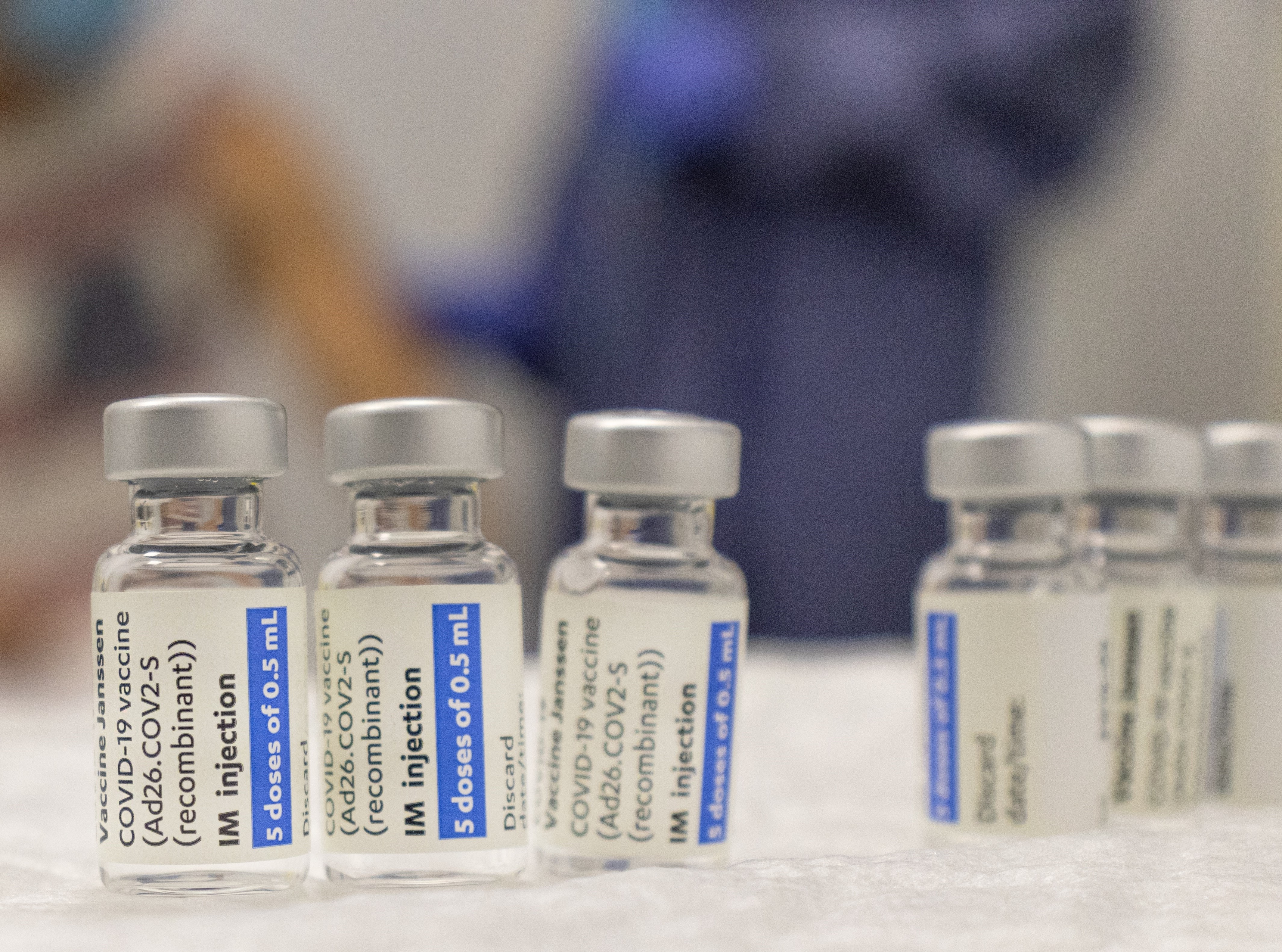Objective:
As of 3rd June 2021, Malaysia is experiencing a resurgence of COVID-19 cases. In response, the federal government has implemented various non-pharmaceutical interventions (NPIs) under a series of Movement Control Orders and, more recently, a vaccination campaign to regain epidemic control. In this study, we assessed the potential for the vaccination campaign to control the epidemic in Malaysia and four high-burden regions of interest, under various public health response scenarios.
Findings:
The national model and the regional models all fit well to notification data but underestimated ICU occupancy and deaths in recent weeks, which may be attributable to increased severity of VoC or saturation of case detection. However, the true case detection proportion showed wide credible intervals, highlighting incomplete understanding of the true epidemic size. The scenario projections suggested that under current vaccination rates complete relaxation of all NPIs would trigger a major epidemic. The results emphasise the importance of micro-distancing, maintaining mobility restrictions during vaccination roll-out and accelerating the pace of vaccination for future control. Malaysia is particularly susceptible to a major COVID-19 resurgence resulting from its limited population immunity due to the country’s historical success in maintaining control throughout much of 2020.
View full paper here

